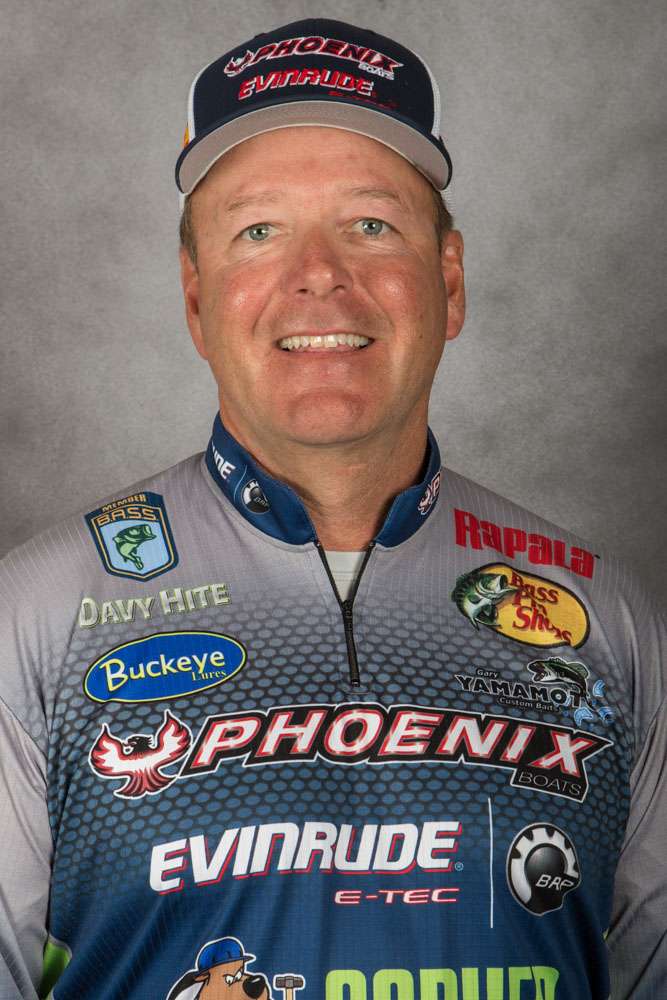
As the Elite season hits the pause button for this month’s Bass Pro Shops Bassmaster Classic presented by Jockey Outdoors, one has to wonder what technique will dominate at Grand Lake.
Will the winner fish traditionally or will he be employing forward-facing sonar (FFS), bass fishing’s hottest topic these days?
Prior to this season’s first two Elite events, many believed both tactics could play in this year’s world championship. But that may not be the case now.
We’ve had two Elite events in which the Top 10 finishers at Toledo Bend Reservior and Lake Fork were utilizing the newest electronic technology.
Nearly every boat in the Classic will be wired with FFS. Will those who built their successful careers without it rely on their vast knowledge and instincts and target bass moving to the bank?
Or, will they try a little of both to see if one is working better over the other?
As one who learned bass fishing and had a prosperous pro career without FFS, I can tell you I would not have done well at the Toledo Bend opener. I would have assumed half of the Top 10 finishers would be using FFS exclusively to catch all of their fish and the other half fishing the bank.
As a competitor, I couldn’t ignore technology, and that would weigh heavily on my mind.
Yet, with 20 years of tournament experience on Toledo Bend, how could I ignore the knowledge I had developed, all of the waypoints I had gathered and my traditional way of catching bass?
I probably would have chosen one over the other. However, if that didn’t work, I would have gotten frustrated and switched. If that didn’t work, I would have gone back to doing the other. Suddenly, my eight hours would be up, and I would be languishing near the bottom of the standings.
I think that’s what happened to some veterans in those first two Elite events, and it will remain the dilemma they face in the Classic.
Honestly, I don’t think a contender can be indecisive. He’ll have to do one or the other to be successful and put his faith in his ability to be competitive with the one he has chosen.
Conditions will play a role, but you can count on the majority of the Grand Lake bass will be in prespawn – just as they were at Toledo and Fork.
So, will the results of the first two Elite events force Classic contenders who aren’t all-in on FFS to rethink their strategy?
I’ve heard all the arguments; some say FFS isn’t “fishing” and doesn’t require skill. If that’s true, why did we see some of the same FFS anglers in the Top 10 in those first two tournaments?
Nor is it luck.
Kyoya Fujita has made six Top 10s and won two events since the start of the 2023 season. That’s not being lucky – that’s being very good at fishing with FFS.
It definitely requires skill and dedication.
I’ve also heard comparisons of how technology has changed over the years – flashers to liquid crystal graphs, down-imaging and side-imaging along with Humminbird 360.
Yes, those advancements helped us become better anglers, and they helped us find the areas where fish lived. Yet, the fish still had the upper hand.
With FFS, you not only can find fish, but you can watch them in real time, determine their sizes, follow them around the lake, watch their reactions to lures and make adjustments.
It’s fascinating, and we’ve gained a wealth of knowledge about black bass habits.
Yet, it’s possible that our tournaments will become year-round sight fishing events, and I’m not sure this is what Ray Scott envisioned for our sport.
Nor do I have the answers. As controversial as it has become, it’s here and many anglers have embraced it. There’s no question that it will be a big player at Grand Lake.
The big question is — can the Classic be won without it?
We’ll soon find out.





